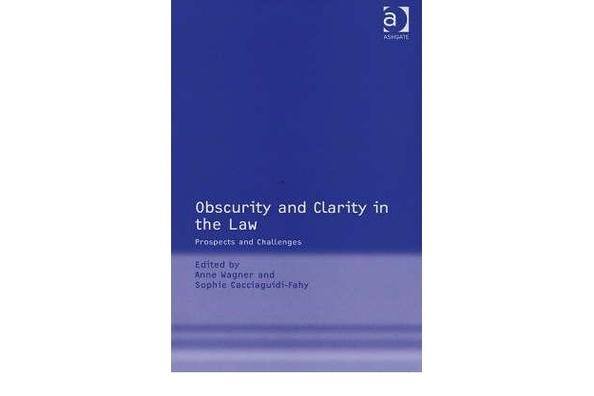Cryptocurrency Regulation: The Need for Balance and Clarity
 summary:
Cryptocurrency regulation requires balance and clarity to ensure the proper functioning of...
summary:
Cryptocurrency regulation requires balance and clarity to ensure the proper functioning of... Cryptocurrency regulation requires balance and clarity to ensure the proper functioning of this emerging technology. It is important to strike a balance between protecting investors and facilitating innovation in the cryptocurrency sector. Regulatory clarity can help promote stability and trust in the market, while also preventing fraudulent activities and protecting consumers. Therefore, it is crucial for authorities to establish clear guidelines and frameworks to regulate cryptocurrency markets effectively.
In the rapidly growing field of cryptocurrency, regulation has become an increasingly important topic. As the use of digital currencies becomes more widespread, governments and regulators are facing new challenges in overseeing this emerging sector. However, it is crucial to strike a balance between protecting investors and preserving the innovative spirit of the industry.
The rise of cryptocurrency has brought about significant changes in the financial industry. Digital currencies, such as Bitcoin, Ethereum, and many others, offer a decentralized and secure way of conducting transactions. They provide an alternative to traditional banking systems, enabling individuals to engage in global commerce without the need for intermediaries. However, this decentralized nature also poses challenges for regulators.
One of the main challenges in regulating cryptocurrency is the lack of clarity on regulatory frameworks. Many countries are still trying to understand the technology behind digital currencies and how to apply existing laws to this new sector. This uncertainty creates a challenging environment for both investors and businesses operating in the cryptocurrency space. It is essential for regulators to provide clarity and guidance to ensure that the industry can operate within a stable and predictable framework.
Another challenge is the high level of volatility in cryptocurrency markets. The price of digital currencies can fluctuate significantly, leading to high risks for investors. While some investors are willing to take these risks, others may lack the knowledge or understanding of the market to make informed decisions. Therefore, it is crucial for regulators to ensure that investors are provided with adequate information and education to make informed decisions about investing in cryptocurrency.
Moreover, the lack of regulation can lead to market manipulation and fraud. As cryptocurrency markets are decentralized and lack traditional regulatory oversight, it becomes easier for bad actors to engage in illegal activities such as market manipulation and fraud. This not only harms individual investors but also undermines the integrity of the entire cryptocurrency market. Therefore, it is essential for regulators to establish effective mechanisms to detect and prevent such activities.
However, it is crucial to strike a balance between regulation and preserving the innovative spirit of the cryptocurrency industry. While regulation is necessary to protect investors and maintain market integrity, excessive regulation can hinder the growth and development of the industry. Regulators should approach the task with caution and avoid stifling innovation and competition in the sector.
To address these challenges, governments and regulators should take several steps:
1、Establish a clear regulatory framework: Regulators should provide clarity on the legal status of cryptocurrency and establish a clear regulatory framework to guide businesses and investors operating in this sector.
2、Implement effective investor protection measures: Regulators should ensure that investors are provided with adequate information and education to make informed decisions about investing in cryptocurrency. They should also establish mechanisms to protect investors from fraud and market manipulation.
3、Foster innovation and competition: Regulators should encourage innovation and competition in the cryptocurrency sector by providing a fair and balanced regulatory environment that does not hinder growth and development.
4、Collaborate with international regulators: As cryptocurrency is a global phenomenon, regulators should collaborate with their international counterparts to develop a coordinated approach to regulate this sector effectively.
In conclusion, regulation of cryptocurrency is necessary to protect investors and maintain market integrity. However, it is crucial to strike a balance between regulation and preserving the innovative spirit of the industry. Regulators should approach the task with caution and work closely with stakeholders to establish a clear and balanced regulatory framework that fosters innovation, competition, and growth in the cryptocurrency sector.

